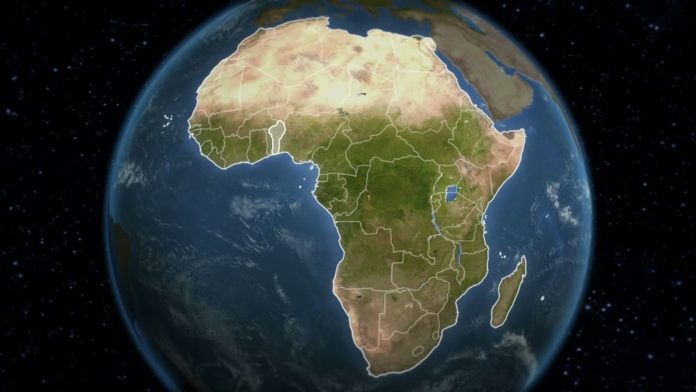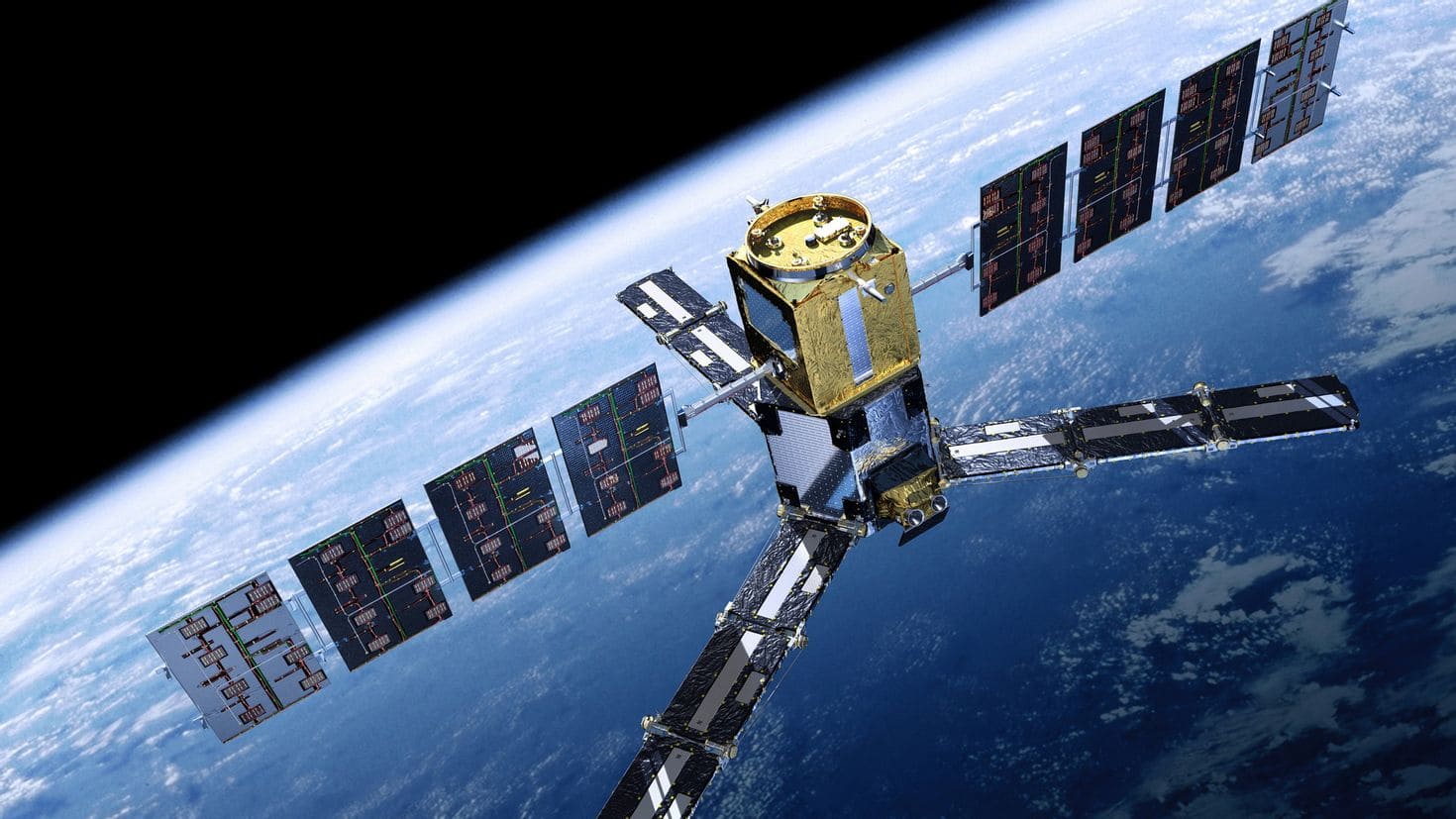Africa’s interest in space exploration has been growing steadily over the past few decades. This burgeoning sector is not just about reaching for the stars; it’s a strategic move to address critical developmental issues such as telecommunications, weather forecasting, environmental monitoring, and education. The space industry in Africa represents a pivotal shift towards technological advancement and self-reliance, showcasing the continent’s potential on a global stage.
Historical background
The journey of African space exploration began with modest steps but has seen significant milestones over the years. The early phases were marked by satellite launches and the establishment of space agencies across several countries. These foundational steps set the stage for more ambitious projects and collaborations, ultimately contributing to the growing ecosystem of Africa’s space industry.
South African National Space Agency (SANSA)
The South African National Space Agency (SANSA) is one of the continent’s most prominent space organizations. Established in 2010, SANSA aims to drive South Africa’s space agenda through innovative space solutions and applications. Some of its major projects include the development of satellite technology, earth observation programs, and the promotion of space science research. SANSA’s achievements, such as the successful launch of the SumbandilaSat and ongoing space weather services, highlight its critical role in Africa’s space landscape.
Nigeria’s National Space Research and Development Agency (NASRDA)
Nigeria’s National Space Research and Development Agency (NASRDA) has been at the forefront of Africa’s space exploration efforts since its inception in 1999. NASRDA’s objectives focus on the utilization of space technology for sustainable development and the enhancement of national security. The agency’s notable missions include the launch of NigeriaSat-1, NigeriaSat-2, and NigeriaSat-X, which have been instrumental in disaster management, agricultural monitoring, and urban planning.
Egyptian Space Agency
Egypt’s space ambitions date back to the 1960s, but the formal establishment of the Egyptian Space Agency in 2019 marked a new era. The agency is tasked with advancing Egypt’s position in space technology and applications. Key missions, such as the launch of the EgyptSat series, demonstrate Egypt’s commitment to utilizing space for scientific research, environmental monitoring, and regional development.
Kenya Space Agency (KSA)
The Kenya Space Agency (KSA), established in 2017, aims to enhance the nation’s capacity in space science and technology. The KSA focuses on leveraging space for socio-economic benefits, including satellite communication and environmental conservation. Notable projects like the 1KUNS-PF, Kenya’s first nanosatellite launched in collaboration with the University of Nairobi and the Japan Aerospace Exploration Agency (JAXA), highlight Kenya’s growing space capabilities.
Algerian Space Agency (ASAL)
Since its founding in 2002, the Algerian Space Agency (ASAL) has been dedicated to positioning Algeria as a leader in space technology within Africa. ASAL’s strategic goals include the development of satellite systems and the promotion of space research and education. Major accomplishments such as the launch of the AlSat series of satellites underscore Algeria’s commitment to space exploration and its applications in areas like remote sensing and communications.
Emerging players in the African space industry
Several other African countries are making significant strides in the space sector. The Ethiopia Space Science Society (ESSS) has been active in promoting space science education and awareness, leading to the establishment of the Ethiopian Space Science Society. Similarly, the Ghana Space Science and Technology Institute (GSSTI) is working towards developing Ghana’s space capabilities, focusing on satellite technology and space research.
Collaboration and partnerships
Regional cooperation is vital for the advancement of Africa’s space industry. African countries are increasingly collaborating through initiatives like the African Space Policy and Strategy, which aims to foster collective growth. International partnerships with global space agencies such as NASA, ESA, and JAXA have also been instrumental, providing technical assistance, knowledge transfer, and joint mission opportunities.
Private sector involvement
The private sector plays a crucial role in propelling Africa’s space industry forward. Companies like SpaceX, OneWeb, and local enterprises are investing in satellite technology and space-based services. Successful ventures such as Nigeria’s collaboration with private firms for satellite launches and South Africa’s burgeoning space startups illustrate the growing influence of the private sector in this domain.
Educational and research institutions
Universities and research centers across Africa are contributing significantly to the space industry. Institutions like the Cape Peninsula University of Technology in South Africa and the University of Nairobi in Kenya are at the forefront of space research and satellite development. These academic contributions are crucial for building a skilled workforce and fostering innovation in the space sector.
Challenges facing Africa’s space industry
Despite the progress, Africa’s space industry faces several challenges. Funding constraints and limited resources are major hurdles, hindering the development and execution of space missions. Technical challenges, such as the need for advanced infrastructure and expertise, also pose significant obstacles. However, with strategic investments and international cooperation, these challenges can be gradually overcome.
The future of Africa’s space industry
The future of Africa’s space industry looks promising, with potential growth areas including satellite-based internet services, space tourism, and advanced earth observation technologies. Emerging trends such as the miniaturization of satellites and the increasing affordability of space missions are likely to drive further advancements. The vision for the next decade involves greater regional collaboration, enhanced capabilities, and a stronger presence in the global space community.
Impact on society and economy
Space exploration offers numerous benefits for African societies, including improved telecommunications, enhanced disaster management, and better environmental monitoring. Economically, the space industry has the potential to create high-tech jobs, stimulate innovation, and attract foreign investment. These advantages underscore the strategic importance of investing in space technology for Africa’s development.
Africa’s space industry is on an exciting trajectory, marked by significant achievements and promising prospects. The contributions of key players like SANSA, NASRDA, and emerging space agencies highlight the continent’s potential in space exploration. Despite challenges, the collaborative efforts, private sector involvement, and academic contributions are paving the way for a vibrant and impactful space industry in Africa.



